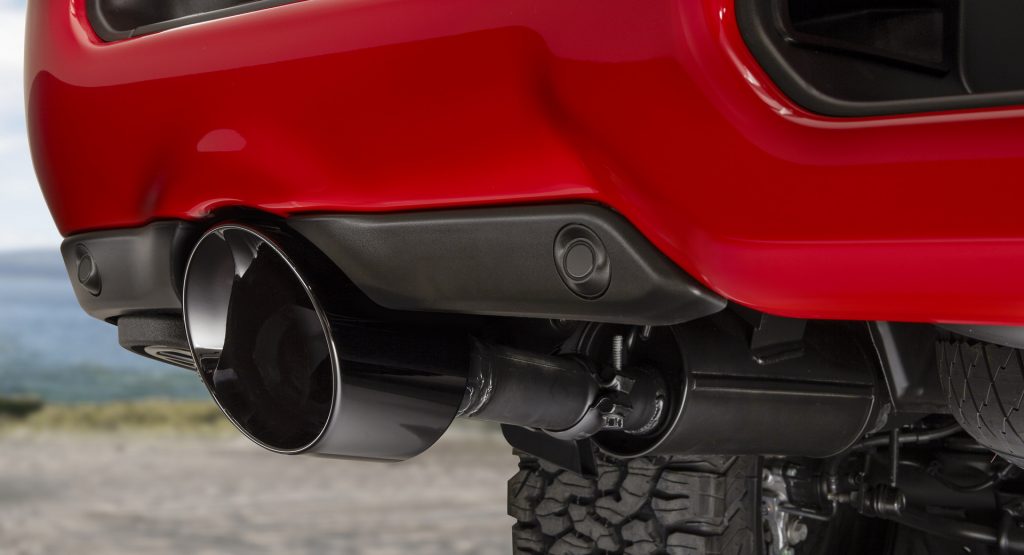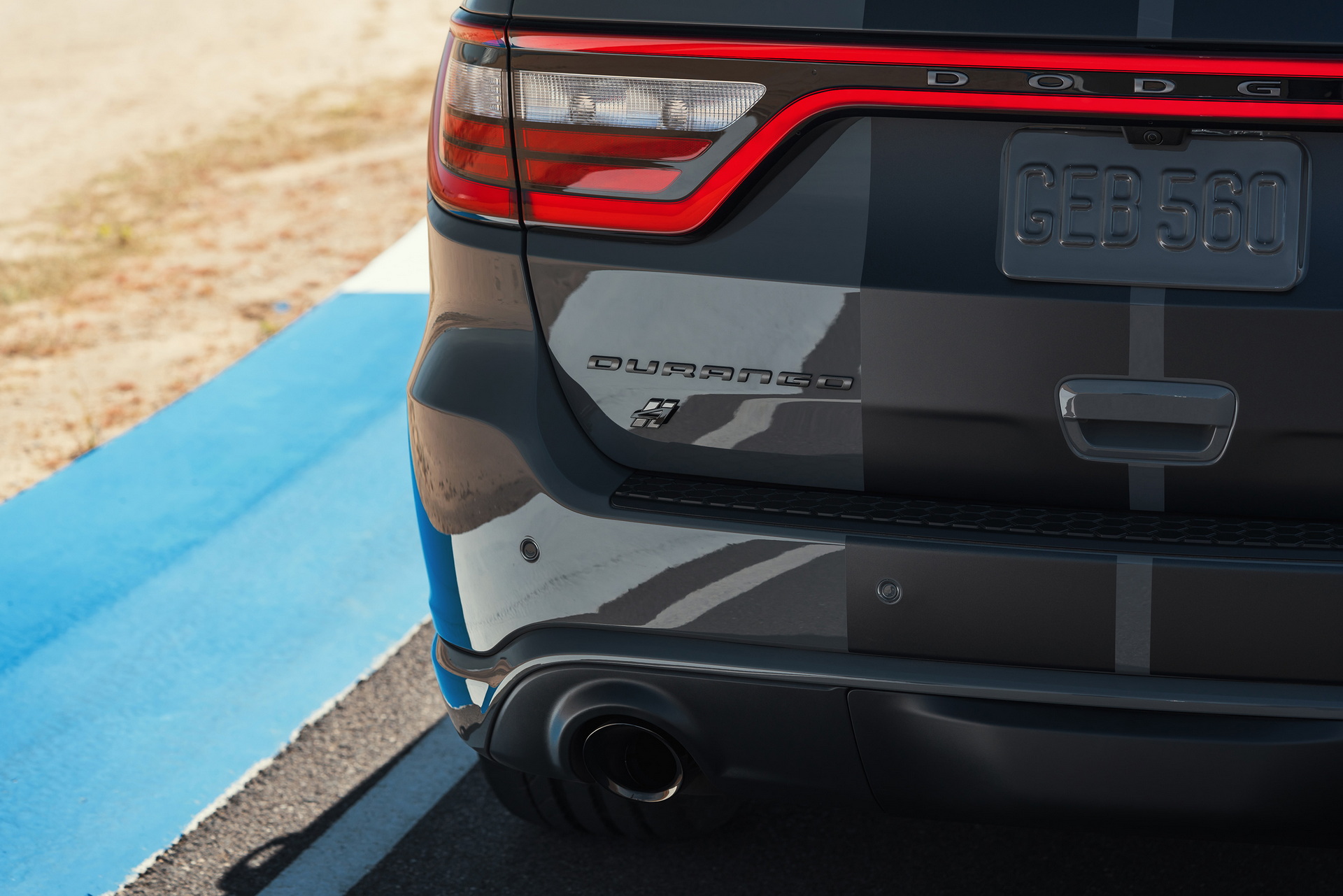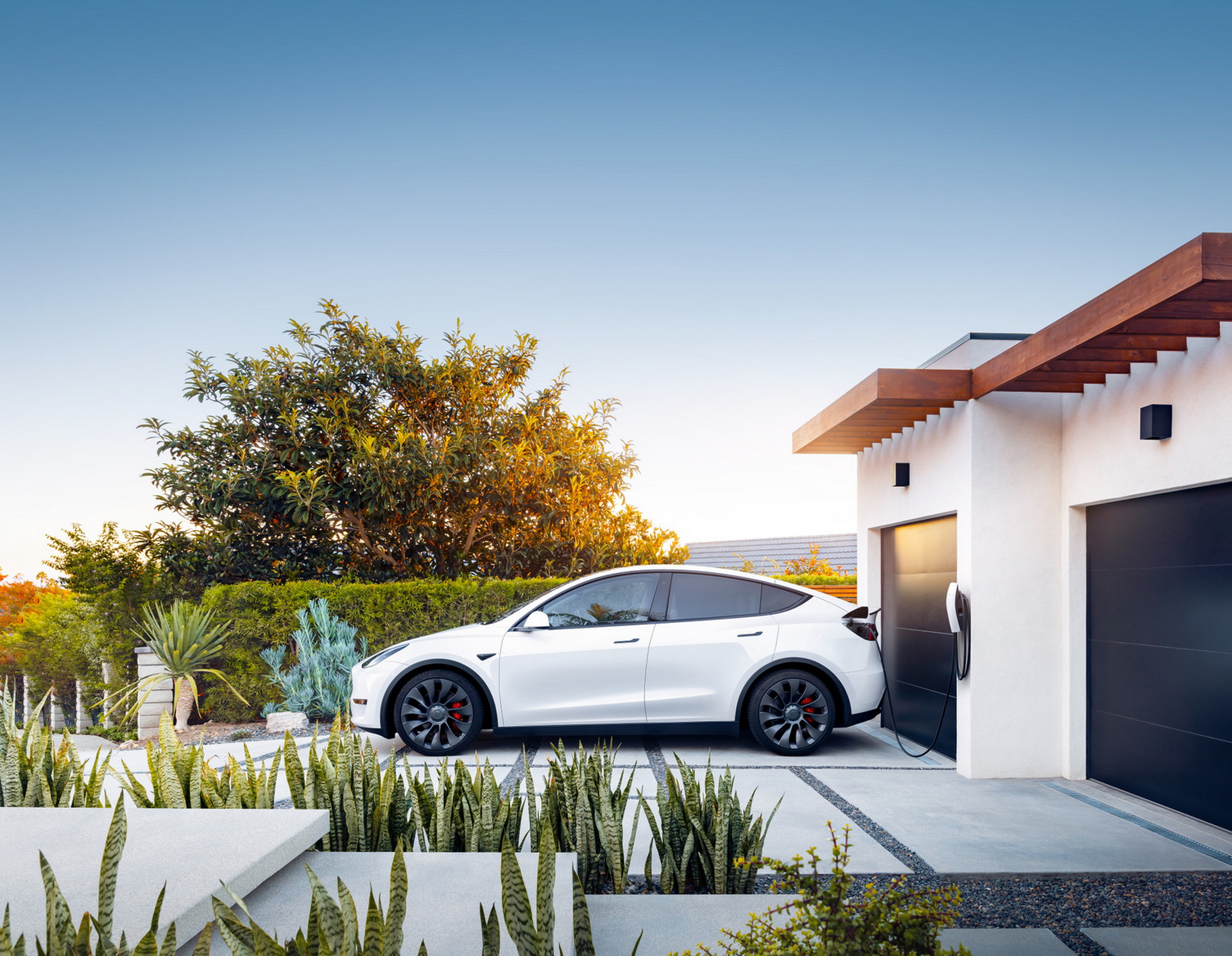The National Highway Traffic Safety Administration (NHTSA) announced that it would be reinstating a planned increase to fines for automakers that do not meet corporate average fuel economy (CAFE) standards set by the government. The rules were paused by the Trump administration.
The decision is seen as a win for Tesla but is likely to cost automakers whose vehicles pollute too much millions. The decision “increases the accountability of manufacturers for violating the nation’s fuel economy standards,” the NHTSA said. The penalties take effect 60 days after the publication of the ruling.
The amount that automakers pay in penalties was supposed to rise in 2019 but the move was delayed by the Trump administration and the agency has not collected penalties for the 2019 to 2021 model years while the issue was reviewed.
Read Also: Tesla Wants Bigger Penalties For Carmakers That Don’t Meet Fuel Economy Requirements
The increase will see penalties rise from $5.50 to $14 for every 0.1 MPG by which new vehicles surpass fuel economy standards for their class multiplied by the number of noncomplying vehicles sold. That change was supposed to account for inflation as the fine has only increased once (by 50 cents) since it was introduced nearly 50 years ago.
Now, the rule is set to rise again in 2022 to $15, which is still lagging behind inflation. According to the U.S. Inflation Calculator, an item that cost $5.00 in 1975, when the penalties were instated, would have cost $23.76 in 2019 and $26.37 in 2022.
Still, automakers have protested the increase, arguing that the money could be better spent on developing new EVs rather than going into the public coffers. The government, though, has announced a massive infrastructure spending bill that would see charging stations installed across the country, among other measures.
The NHTSA estimated that for the 2019 model year, automakers would be charged $294 million at the new rate, rather than the $115.4 million that they would have been charged under the old rate, per Reuters. It added that automakers that did not think penalties would increase “did so at their own risk.”
The decision may have a particular impact on Chrysler’s parent company, Stellantis. Estimates suggest that the rate increases may end up costing the company $572 million when the penalties are all accounted for.
The automaker said that it would “like to work with the administration and Congress to allow the agencies to use the proceeds from penalties to bolster investments in the technologies and infrastructure required to accelerate a robust U.S. market for EVs.”
Tesla and any other manufacturers that only make electric vehicles are likely to benefit from the plan, which will make the value of their credits (earned by beating corporate average fuel economy standards) now worth much more when sold to automakers whose vehicles do not meet emissions standards.






